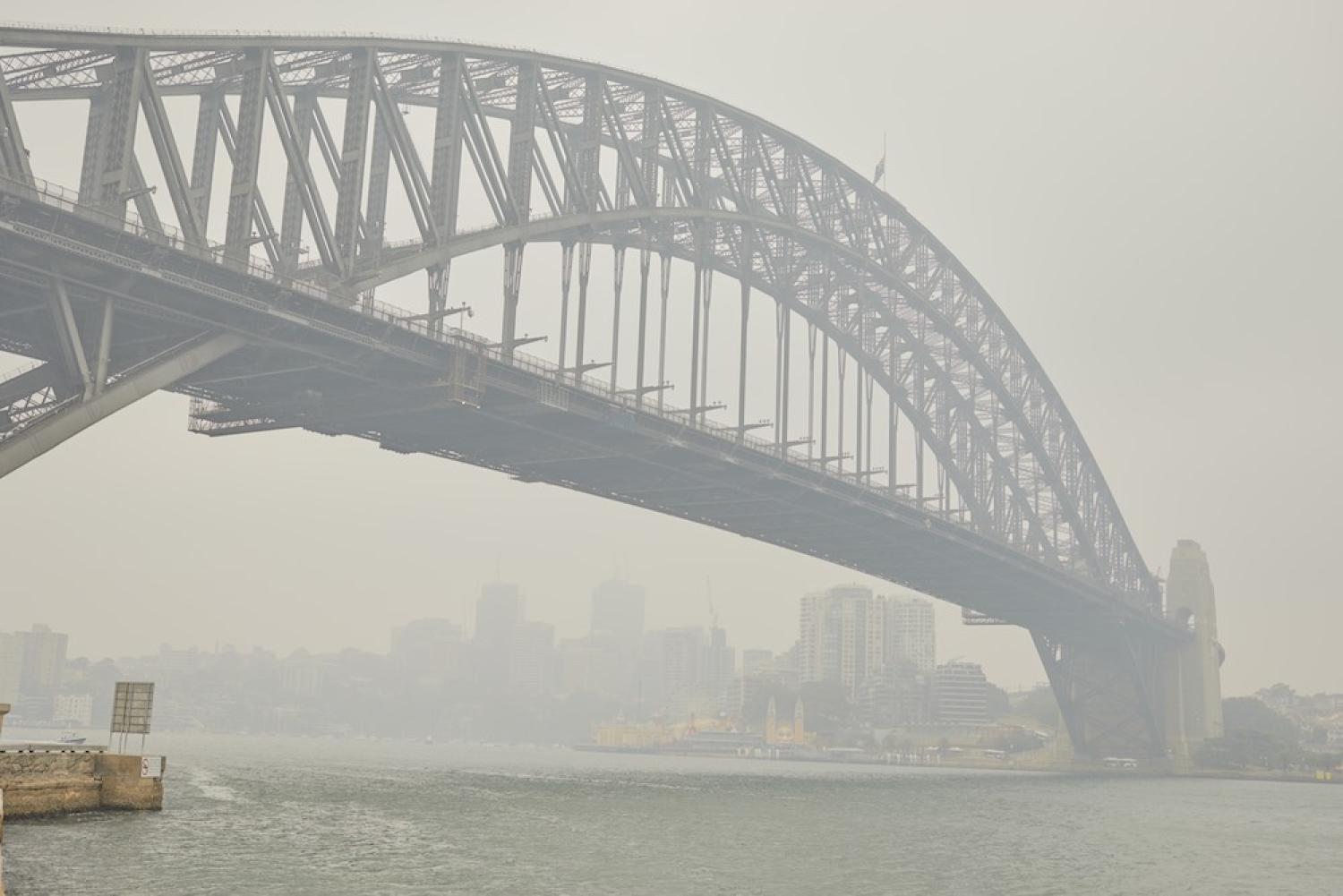Covid-19 has been an extremely difficult challenge for national policymakers. If policy and politics are about managing competing interests and prioritising different constituencies, the varied national Covid-19 responses point to the acute challenges of getting this balance right.
How do we balance the economic implications of movement restrictions against the public health risks of increased infections? How do we weigh individual freedoms against community protection? And if we shut down elements of our economy, do we protect affected people and businesses? All of them? How much support should we give them? And for how long?
What the Covid-19 experience tells us is that the public and policymakers have a capacity to listen to and follow the guidance of experts.
Almost every country has answered these questions differently, with measures ranging from total lockdown to contact tracing, widespread testing to business as usual. These have seen varying degrees of success, of course, and varying degrees of public support for those measures. Within Australia, we’ve seen consistent and robust debate about the policies enacted, including movement restrictions and the closure of schools, borders and businesses. Who would want to be a policymaker trying to get this balance right, and trying to sell it politically?
Climate change, however, makes the policy and political challenge of responding to Covid-19 – at least in Australia – look like a picnic, by comparison. In at least five ways, climate change is much tougher:
- With Covid-19, the public has a sense of what a worst-case scenario looks like. It makes justifying extraordinary measures a lot easier for politicians if they can, for example, point to dramatic scenes from a country hit hard by the pandemic to say, “These are people and societies much like ours, and that’s our future if we do nothing.”
The same is more difficult to say of climate change – or at least with any degree of certainty. We can point to the devastating effects of disasters like the 2019–20 bushfires or the drought that preceded it. We know that climate change means an increase in the frequency and severity of such events. But we can’t definitively say that climate change caused these disasters – and plenty of voices in Australia contest any attempt to link them. The threat of climate change in this sense is a different one, and emergency measures are just a bit harder to sell. - With Covid-19, we have a clearer idea about the effectiveness of different responses. We can see from other states – and from sophisticated modelling – what measures will lead towards what range of outcomes, and in what timeframe. The same does not apply to climate change. Ecosystem functions are far more complex, and the suite of possible measures – from mitigation to adaptation to geoengineering – make this a much more complicated policy challenge.
- With Covid-19, unilateral national action can work. Quickly closing off borders is actually possible, and if New Zealand’s experience is anything to go by, can be effective. With climate change, the nature of the atmosphere as a global commons obviously makes such actions impossible. We can focus on adaptative measures to try to insulate ourselves from the effects of climate change, but we can’t prevent disasters from happening in the first place. So we need mitigation, but one country can’t achieve necessary goals on its own. We need sustained international cooperation, with many states doing their part – which has proved to be elusive in practice. And if we think – or we’re led to think – that others aren’t doing their part for international response, major domestic mitigation efforts are that much harder to sell domestically.
- With Covid-19, we’re protecting ourselves and those closest to us. Covid-19 can immediately and directly affect us, family members and fellow citizens, which is how extraordinary policy measures can be justified and sold. Those most immediately and directly vulnerable to climate change, though, are seen as something other – they’re people in the developing world, other living creatures, or future human generations. We’re seldom encouraged to orient our moral – or political – concerns to these constituencies. Again, this makes mobilising and sustaining extraordinary measures harder than with Covid-19.
- A return to something approaching life as normal beyond Covid-19 seems possible. Sacrifices are politically easier to sell if it looks like a “for now” scenario, with effective measures in place and the chance of a vaccine on the horizon. That won’t be the case with climate, where we’ll likely be facing a world that has changed irrevocably.
In all these ways, climate change poses more profound challenges for policy and politics than Covid-19. That’s even assuming that policymakers have the political will to try to address climate change, which hasn’t been self-evident in the Australian context.
More positively, what the Covid-19 experience tells us is that the public and policymakers have a capacity to listen to and follow the guidance of experts. We seem to recognise that prevention is much better than cure. And when we recognise an issue as a crisis, we appear capable of enacting and accepting extraordinary measures.
Whether the Australian public – and in particular its leaders – can accept that climate change is a crisis is, of course, another thing altogether.

